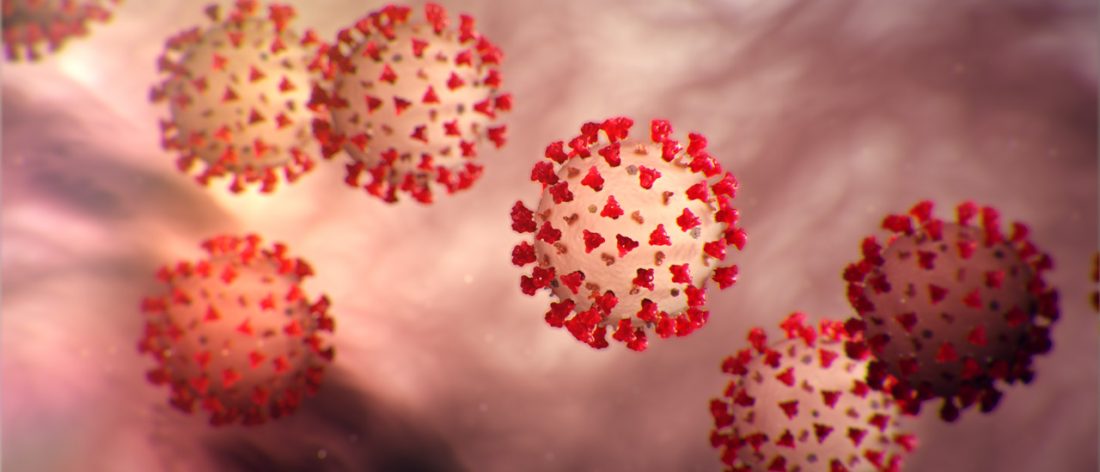The mission of the Georgia Cancer Center and oncologists across the globe is to provide the best patient care possible while navigating several factors that arise before, during and after the treatment process. This is why a group of oncologists from across the world came together to develop guidelines for patients diagnosed with prostate, testicular and other genitourinary cancers.
“Over the last several months, the diagnosis, treatment and surveillance of genitourinary malignancies have been transformed by the global COVID-19 pandemic,” said Dr. Zach Klaassen, a urologic surgical oncologist at the Georgia Cancer Center. “A severe COVID-19 phenotype is seen more commonly in men and older, more comorbid patients. Indeed, this is the same comorbidity profile common for patients with genitourinary malignancies.”
Part of the concern comes from oncologists working during the coronavirus pandemic and finding themselves needing to be mindful of supplies that may be needed by patients receiving treatment for the virus. As a result, it is important to prioritize the timely care of patients for whom delays are most likely to result in adverse outcomes, also taking into account the patient’s age, comorbidities, symptoms, and life expectancy. In the absence of data, the guidance of care relies on expert opinion, including a collaborative review titled Risks from Deferring Treatment for Genitourinary Cancers: A Collaborative Review to Aid Triage and Management During the COVID-19 Pandemic published April 21 in European Urology.
In their research findings, Klaassen and the team determined active surveillance should be the preferred management strategy for patients with low-risk prostate cancer. Patients considering focal therapy may safely defer treatment until the pandemic is over. And patients with intermediate and high-risk disease, delays of 3 to 6 months appear not to be associated with adverse pathologic outcomes, biochemical recurrence, or survival outcomes.
“In Italy, which was one of the hardest hit countries during the early phase of the pandemic, medical surveys from the Lombardy region of Italy showed that among 1,591 patients admitted to the ICU, the median age was 63 years and 82% were male,” Klaassen said. “Among these patients, the mortality rate was 26%, which is likely to increase with additional follow-up.”
According to their paper, surgery can be delayed in patients diagnosed with bladder cancer if the cancer is a low-grade non-muscle invasive bladder cancer. Also, radiation therapy can be considered as an alternative to surgery depending on the patient and the type of bladder cancer they have. For patients with large kidney masses, the group recommended minimal delays for surgical intervention, when feasible.
“Without question, there is a significant psychological burden associated with a cancer diagnosis, likely magnified by delays in treatment,” Klaassen said. “Oncologists need to step up and be a frontline advocate for their patient’s mental health to make sure their diagnosis, along with potential delays due to the COVID-19 pandemic, do not overwhelm them emotionally.”
 Augusta University
Augusta University




